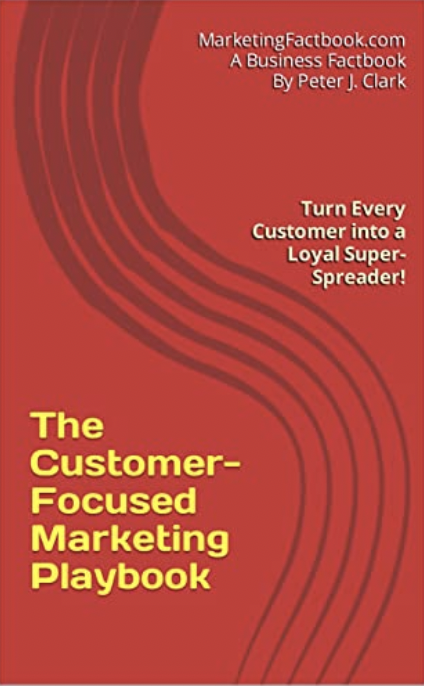43% Of consumers are loyal to a food & beverage brand
And 57% trust products with recognisable brand names
Almost half (43%) of consumers in the US are loyal to at least one food and beverage brand, according to a survey from Visual Objects, which provides a visual guide to finding and hiring creative firms.
The company surveyed 501 consumers about brand loyalty and branding's impact on their purchasing decisions, and found that:
- 57% of people trust products with recognizable brand names.
- 43% of consumers are loyal to at least one food and beverage company
In fact, consumers expressed more loyalty to food and beverage companies than to businesses in any other industry sector. Significantly, food and beverage companies are known for branding strategies that reflect audience interests while accurately representing products.
Robert Johnson, founder of woodworking company Sawinery, said he finds that food and beverage products create sensory branding experiences to gain loyalty and interest: "Food and beverage companies leverage the emotional connection it gets from its loyal customers. Because food and drinks appeal to several senses at once such as taste, smell, sight, and touch, they are associated more with personal experiences than other commodities."
Companies operating in other fields may therefore benefit from replicating an appeal to the senses in their branding materials.
Customers Want Brands To Commit to Quality
Consumers are looking for quality when choosing between similar products. The study found that nearly half of consumers (44%) say that brands will keep their business if they maintain quality.
A commitment to quality service is one of the main things companies should offer, which should inspire brands to partner with each other to attain creative solutions to customer problems.
Nate Tsang, founder and CEO of investment research tool WallStreetZen, believes that customers may increase their expectations for value when they encounter a robust partnership: "If people can see how the two brands function better in tandem, they'll go in with those higher expectations," Tsang said. "It's up to the brands to ensure they can provide that increased value without over-promising and under-delivering."
Consumers Seek Familiarity When Purchasing
More than half of US consumers (57%) trust products from widely-known brands more than those with names they don't recognize.
When consumers can anticipate their experience with a product before purchasing, they're more likely to be comfortable with a purchase. Familiarity acts as a social proof of concept for name brands.
Gregory Young is the Chief Experience Officer for software company Convincely. Young asserts that familiarity with brands and proof of quality protect buyers from purchasing regret: "With household name brand products, countless people have direct purchasing experience. The consumer experience is very well documented. You, as a consumer, can call upon the wealth of their experience and come to a well-informed decision before making a purchase."
The full report is available online via the Visual Objects blog at https://visualobjects.com/branding/blog/brand-partnerships
Sources: Visual Objects / The Marketing Factbook.
Copyright © 2021 - 2025 The Marketing Factbook.
Categorised as:
- Customer Experience
- Customer Loyalty
- Knowing The Customer
- Marketing Know-How
